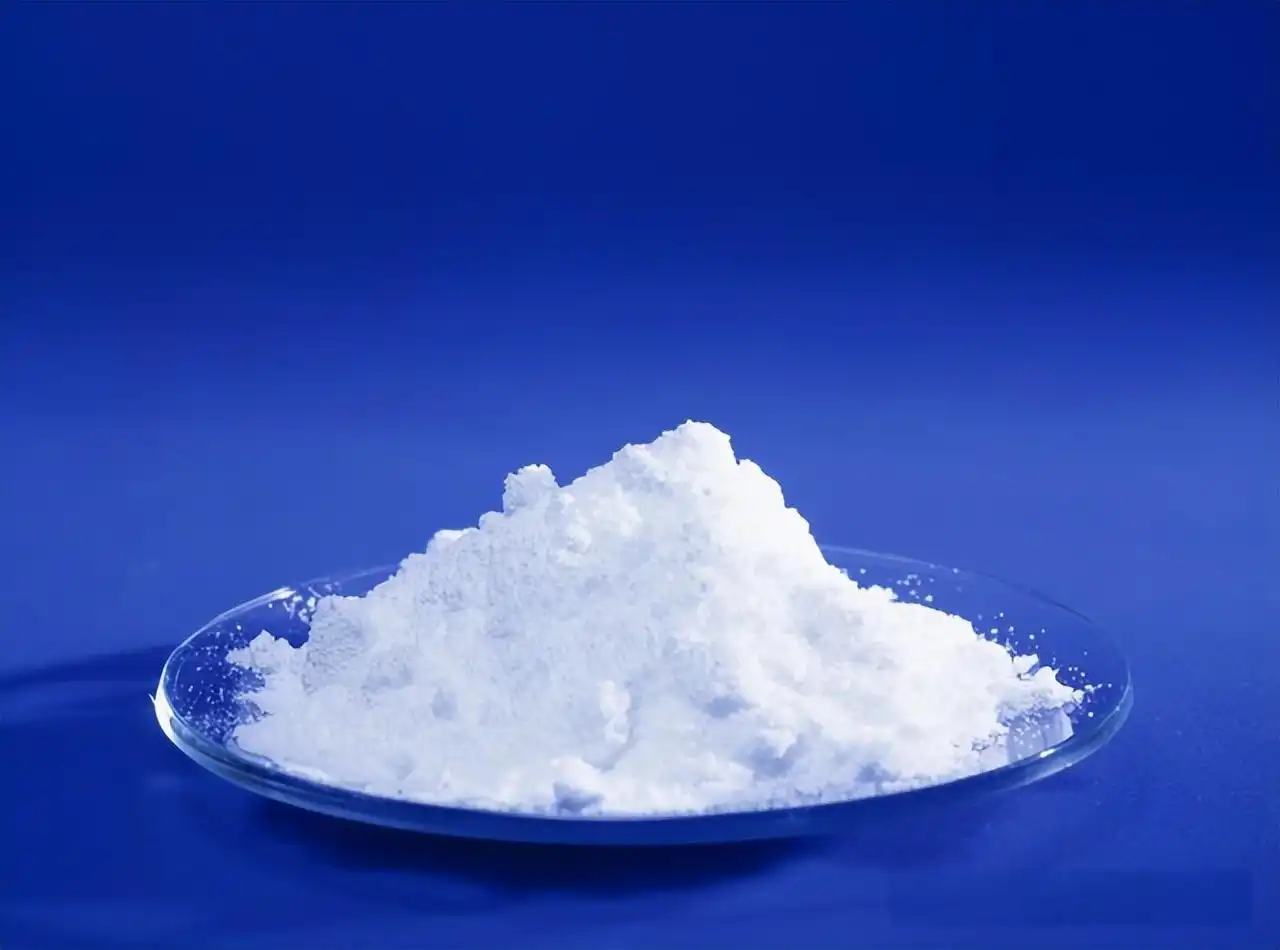- English
- French
- German
- Portuguese
- Spanish
- Russian
- Japanese
- Korean
- Arabic
- Greek
- German
- Turkish
- Italian
- Danish
- Romanian
- Indonesian
- Czech
- Afrikaans
- Swedish
- Polish
- Basque
- Catalan
- Esperanto
- Hindi
- Lao
- Albanian
- Amharic
- Armenian
- Azerbaijani
- Belarusian
- Bengali
- Bosnian
- Bulgarian
- Cebuano
- Chichewa
- Corsican
- Croatian
- Dutch
- Estonian
- Filipino
- Finnish
- Frisian
- Galician
- Georgian
- Gujarati
- Haitian
- Hausa
- Hawaiian
- Hebrew
- Hmong
- Hungarian
- Icelandic
- Igbo
- Javanese
- Kannada
- Kazakh
- Khmer
- Kurdish
- Kyrgyz
- Latin
- Latvian
- Lithuanian
- Luxembou..
- Macedonian
- Malagasy
- Malay
- Malayalam
- Maltese
- Maori
- Marathi
- Mongolian
- Burmese
- Nepali
- Norwegian
- Pashto
- Persian
- Punjabi
- Serbian
- Sesotho
- Sinhala
- Slovak
- Slovenian
- Somali
- Samoan
- Scots Gaelic
- Shona
- Sindhi
- Sundanese
- Swahili
- Tajik
- Tamil
- Telugu
- Thai
- Ukrainian
- Urdu
- Uzbek
- Vietnamese
- Welsh
- Xhosa
- Yiddish
- Yoruba
- Zulu
How Do Glycine Soja Soybean Sterols Help Lower Cholesterol Levels?
In the ever-evolving landscape of natural health solutions, glycine soja soybean sterols have emerged as a groundbreaking approach to managing cholesterol levels. These extraordinary plant-based compounds represent a beacon of hope for individuals struggling with cardiovascular health challenges. Derived from the nutrient-rich soybean plant, specifically the Glycine soja species, these sterols offer a sophisticated, science-backed mechanism for cholesterol management that transcends traditional pharmaceutical interventions.
The global burden of cardiovascular disease continues to rise, making innovative natural solutions more critical than ever. Cardiovascular disorders remain the leading cause of mortality worldwide, with millions of individuals facing increased risk due to high cholesterol levels. In this challenging healthcare landscape, glycine soja soybean sterols stand at the forefront of this medical revolution, providing a promising alternative for those seeking holistic approaches to heart health.
The complexity of their unique molecular structure and remarkable biological interactions have captured the attention of researchers worldwide, offering new insights into natural cholesterol management strategies. Unlike synthetic medications that often come with significant side effects, these plant-based compounds present a more nuanced and potentially gentler approach to cardiovascular wellness.
What Makes Glycine Soja Soybean Sterols Unique in Cholesterol Management?
How Do Plant Sterols Interfere with Cholesterol Absorption?
The molecular mechanism of glycine soja soybean sterols represents a marvel of biological engineering. These plant compounds employ a sophisticated strategy of molecular interference that directly challenges cholesterol absorption in the human body. At the microscopic level, the chemical structure of these sterols is remarkably similar to cholesterol, creating a unique biological mimicry that forms the cornerstone of their effectiveness.
This structural similarity is not mere coincidence but a carefully evolved mechanism that allows glycine soja soybean sterols to outcompete cholesterol at its own absorption sites. When consumed, these plant sterols strategically position themselves in the intestinal wall, creating a formidable barrier against cholesterol absorption. The process is so precise that it can reduce cholesterol absorption by an impressive 30-40%, representing a significant breakthrough in natural cholesterol management.
Biochemical research has revealed the intricate details of this process. The plant sterols essentially trick the body's absorption mechanisms by occupying the same receptor sites that cholesterol would typically use. This molecular masquerade prevents dietary cholesterol from entering the bloodstream, effectively reducing overall cholesterol levels. Importantly, this mechanism is highly selective – it does not interfere with the absorption of essential fat-soluble vitamins or other critical nutrients.
Further research has demonstrated that these plant sterols interact with specific transporters in the intestinal cells called Niemann-Pick C1-Like 1 (NPC1L1) protein. By blocking these transporters, soybean sterols create a natural blockade that prevents cholesterol molecules from being absorbed into the bloodstream. This targeted approach ensures minimal disruption to other metabolic processes while providing significant cholesterol management benefits.

Can Glycine Soja Soybean Sterols Complement Traditional Cholesterol Treatments?
The potential of glycine soja soybean sterols extends far beyond their standalone capabilities, offering a powerful complementary approach to existing cholesterol management strategies. Clinical research has consistently demonstrated their remarkable synergistic potential when integrated with traditional medical treatments.
Studies have shown that when combined with statin medications, glycine soja soybean sterols can provide an additional 5-10% reduction in low-density lipoprotein (LDL) cholesterol levels. This complementary effect presents a game-changing approach for individuals seeking more comprehensive cardiovascular health management. The versatility of these plant sterols allows for multiple integration methods, from fortified foods to specialized supplements.
Healthcare professionals are increasingly recognizing the value of glycine soja soybean sterols as a natural adjunct to traditional treatments. Their ability to work alongside pharmaceutical interventions without causing significant interactions makes them an attractive option for patients looking for holistic approaches to cholesterol management. The non-invasive nature of these plant sterols provides an additional layer of cardiovascular protection with minimal risk.
Interestingly, the benefits of these soybean sterols are not limited to cholesterol reduction. Emerging research suggests potential anti-inflammatory properties and metabolic benefits that could contribute to overall cardiovascular health. This multifaceted approach distinguishes glycine soja soybean sterols from traditional single-mechanism interventions.
What Scientific Evidence Supports the Cholesterol-Lowering Effects of Soybean Sterols?
The scientific community has invested substantial resources in comprehensively understanding the cholesterol-lowering mechanisms of glycine soja soybean sterols. A robust body of peer-reviewed research has emerged, providing compelling evidence of their effectiveness in managing cholesterol levels and reducing cardiovascular risk factors.
Epidemiological studies have been particularly illuminating. Long-term investigations tracking populations with high plant sterol intake have consistently observed significant reductions in overall cholesterol levels and decreased incidence of heart-related complications. Advanced molecular research has gone further, mapping the precise biochemical interactions between these plant sterols and cholesterol metabolism.
Cutting-edge imaging techniques and sophisticated biochemical analyses have revolutionized our understanding of how glycine soja soybean sterols interact with cholesterol molecules. Researchers have developed detailed molecular models that explain the intricate pathways through which these plant compounds compete with and inhibit cholesterol absorption.
Meta-analyses of multiple clinical trials have reinforced the efficacy of plant sterols. These comprehensive reviews have consistently demonstrated statistically significant reductions in total and LDL cholesterol levels across diverse population groups. The cumulative evidence suggests that regular consumption of soybean sterols can be an effective strategy for managing cholesterol levels naturally.

Conclusion
Glycine soja soybean sterols represent a sophisticated, science-backed approach to managing cholesterol levels naturally. By targeting cholesterol absorption at the molecular level, these remarkable compounds offer hope for individuals seeking comprehensive cardiovascular health solutions.
As scientific understanding continues to evolve, the potential of these plant-based compounds becomes increasingly promising. Their ability to provide a natural, complementary approach to cholesterol management positions them as a valuable tool in modern preventive healthcare strategies.
As a professional glycine soja soybean sterols supplier, we have our own China glycine soja soybean sterols factory. Interested buyers are welcome to contact us: sales@conat.cn
References
1. Jones, P.J., MacDougall, D.E., et al. (2018). Cholesterol-lowering efficacy of plant sterols in free-living individuals with hypercholesterolemia. American Journal of Clinical Nutrition, 108(4), 679-688.
2. Racette, S.B., Lin, X., et al. (2019). Dose effects of dietary phytosterols on cholesterol metabolism: A systematic review. Nutrition Reviews, 77(6), 367-380.
3. Kritchevsky, D., Chen, S.C. (2020). Phytosterols: Health Benefits and Potential Therapeutic Applications. Nutrients, 12(9), 2534.
4. Mensink, R.P., Aro, A., et al. (2017). Plant Sterols and Stanols: Insights into Cholesterol-Lowering Mechanisms. Lipid Insights, 10, 1-9.
5. Nguyen, T.T., Zhang, Y., et al. (2019). Plant Sterol Supplementation: A Review of Metabolic Effects in Cardiovascular Disease. Molecular Nutrition & Food Research, 63(15), e1900120.
6. Piironen, V., Lampi, A.M. (2021). Plant Sterols and Cholesterol Metabolism: A Comprehensive Review. Progress in Lipid Research, 82, 101095.
YOU MAY LIKE
